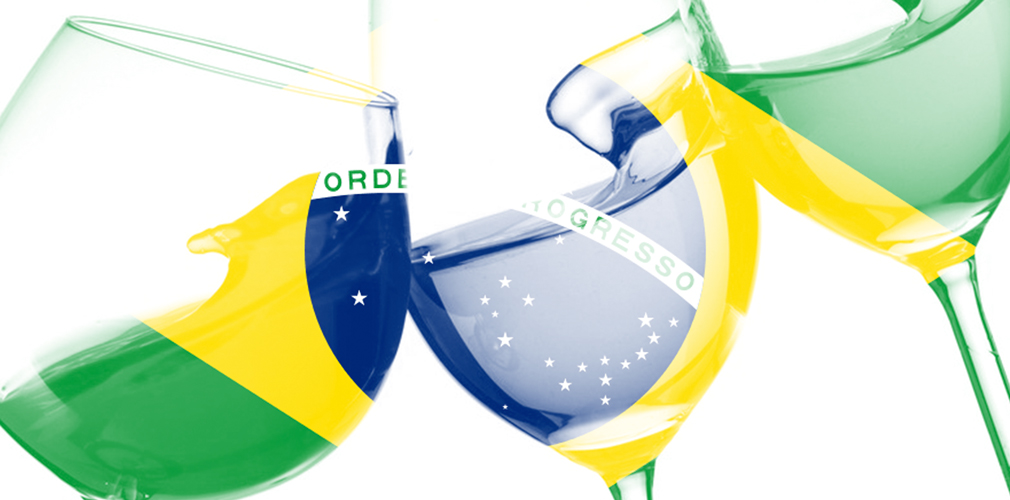RIO DE JANEIRO, BRAZIL – Sales of Brazilian wines have risen to a new record high this year, benefiting local producers, consulting firm Ideal Consulting told Xinhua Agency recently.
“With the closure of bars and restaurants (due to the pandemic), and the events sector as a whole paralyzed, people began to consume wine at home. Although with the reopening, this trend should be reduced,” said Felipe Galtaroca, the general director of the company.

Between January and August of this year, Brazilian wine sales to supermarkets, bars, and restaurants in Brazil reached 313.3 million liters, 37 percent more than in the same period in 2019, and in July, the sales hit 63.4 million liters, triple the number in March, according to Ideal Consulting.
“The great challenge for the sector now will be maintaining the customers that it gained during the pandemic,” said Galtaroca, adding that although there is a decrease (in sales) with the easing of sanitary measures, “the final level will probably be higher than it was in 2019.”
“Despite not having the fame that wines from other countries have, Brazilian wines have had a notable increase in quality in recent years. There have been heavy investments and the result is that many Brazilian wines enjoy the same standard as others with more renowned international reputation,” Galtaroca said.
Why haven’t you had a Brazilian wine before? Well, the majority of wine produced in Brazil is consumed in… Brazil.
The main hub of the Brazilian wine industry is in the Rio Grande du Sol, which borders Uruguay and wine-rich Argentina. Yet, it is Italian immigrants that bear a large responsibility for the Samba Nation’s wine industry.
Those that came from the Veneto and Trentino regions of Italy were reminded of home when they saw the hilly terrain of the Rio Grande do Sul state. Wine followed.
Even champagne giant Moet & Chandon took an interest in Brazil in the 1970’s. Currently, sparkling wine production in Brazil is very well-established.
For now, exports remain scarce, but there is serious buzz around Brazil’s potential.

